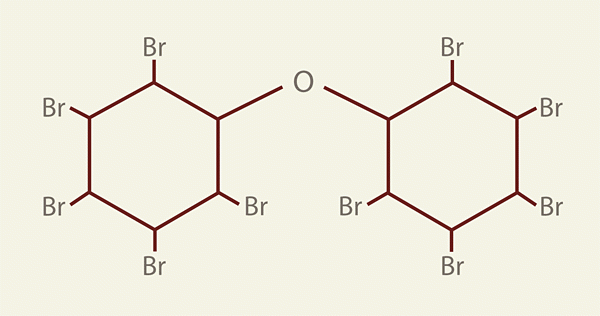Flame Retardants May Lower IQ, Cause Hyperactivity In Children

Prenatal exposure to items treated with a common flame retardant has been linked to lower intelligence and hyperactivity in children during early childhood.
Polybrominated diphenyl ethers (PBDEs), a class of flame retardants used for decades, can be found in ordinary items like baby strollers, carpeting, and electronics.
"In animal studies, PBDEs can disrupt thyroid hormone and cause hyperactivity and learning problems," said lead author Aimin Chen, PhD, assistant professor in the Department of Environmental Health at University of Cincinnati College of Medicine. "Our study adds to several other human studies to highlight the need to reduce exposure to PBDEs in pregnant women."
The study, performed at the Cincinnati Children's Hospital Medical Center, measured PBDE levels in blood samples taken from 309 pregnant women. Researchers also administered intelligence and behavior tests to the children of those women until age five.
"We found maternal exposure to PBDEs, a group of brominated flame retardants mostly withdrawn from the U.S. market in 2004, was associated with deficits in child cognition at age 5 years and hyperactivity at ages 2-5 years," said Dr. Chen.
Although PBDEs, with the exception of Deca-BDEs, are no longer on the U.S. market, they can still be found in items manufactured before the ban.
Because PBDE chemicals are not easily biodegradable, they can linger in human body tissue and transfer from a mother to a developing fetus.
Deca-BDEs are still widespread, although they are being phased out, and are found primarily in durable plastics for consumer electronics and office equipment, upholstery textiles, drapery backings, and plastic pallets.
"Because PBDEs exist in the home and office environment as they are contained in old furniture, carpet pads, foams and electronics, the study raises further concern about their toxicity in developing children," said Dr. Chen.
Read the study's abstract here.
Published by Medicaldaily.com



























